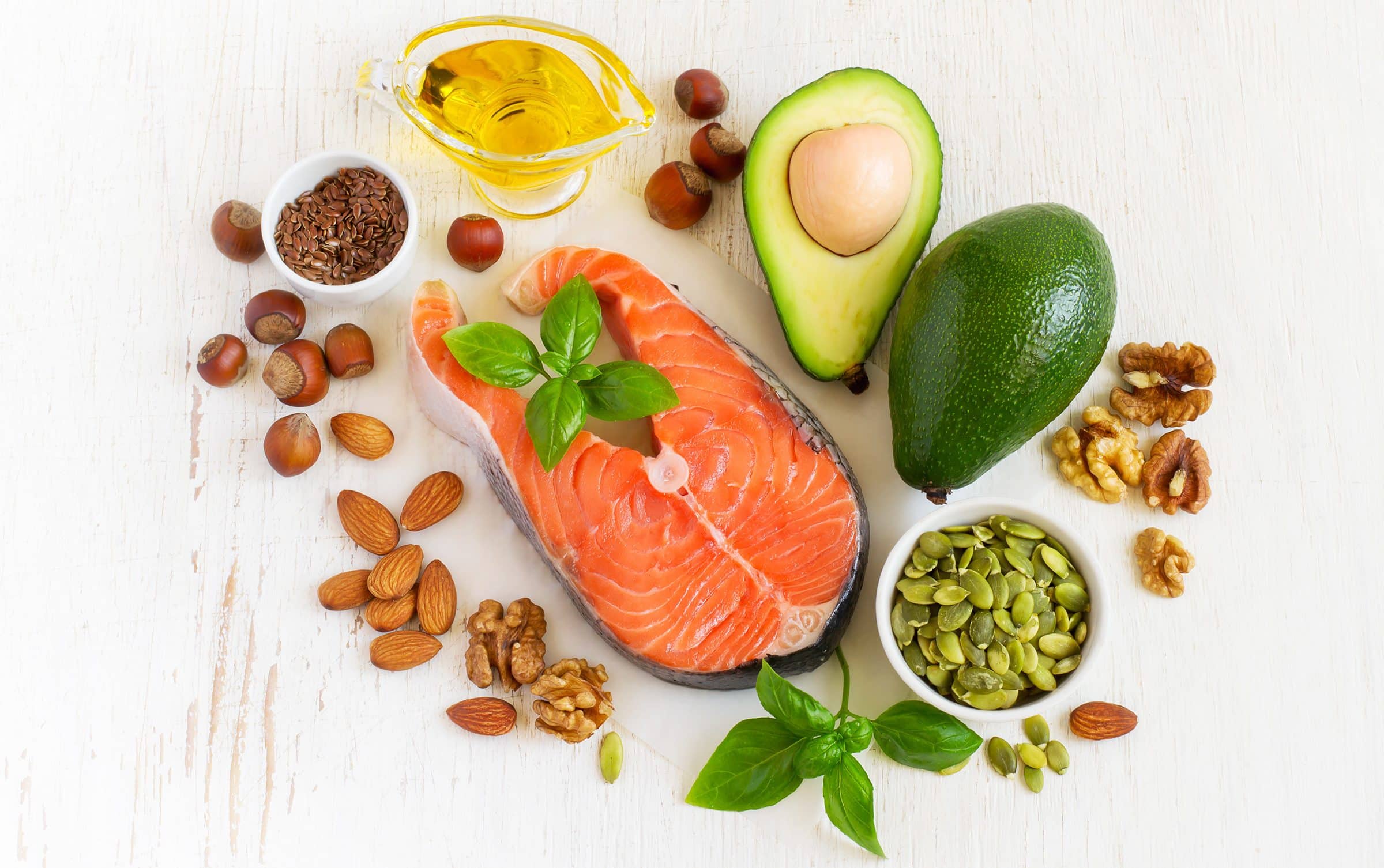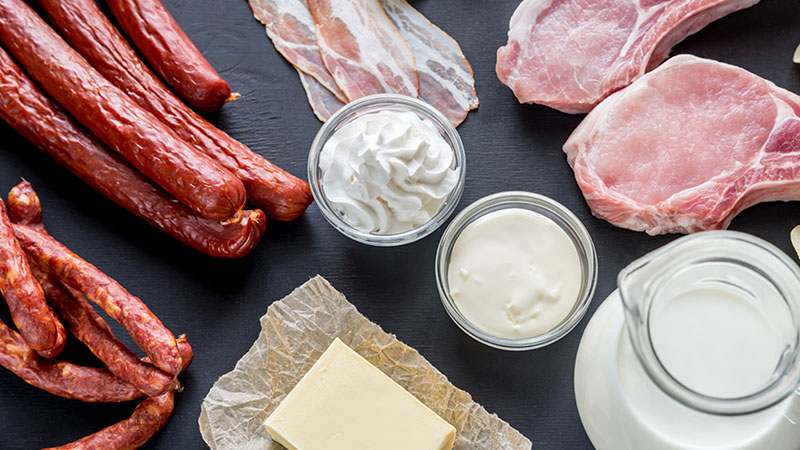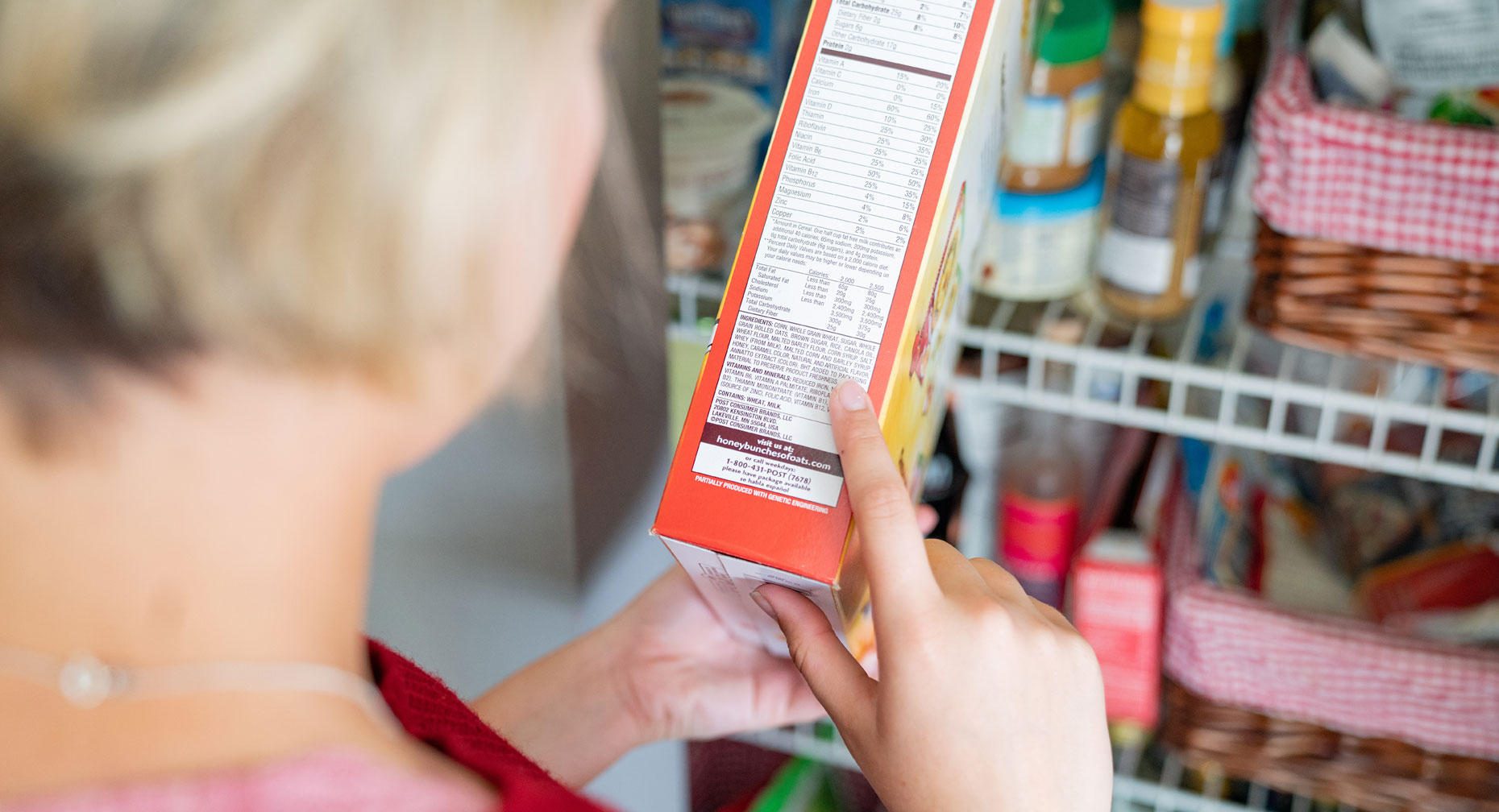Proper nutrition plays a crucial role in the overall management of liver cancer, and one important aspect is managing fat intake. For individuals with liver cancer, making informed choices about the types of fats they consume can have a significant impact on their health. In this article, we will explore five helpful pieces of information about managing fat intake, specifically focusing on choosing healthy fats for liver cancer patients. By understanding the importance of healthy fats, limiting unhealthy fats, reading food labels, opting for lean proteins, and using cooking methods that minimize added fat, individuals with liver cancer can make positive dietary choices to support their overall well-being.
1, Prioritize Unsaturated Fats.
particularly monounsaturated and polyunsaturated fats, are considered healthier options for individuals, including liver cancer patients. These fats offer several benefits for overall health and can be prioritized in a balanced diet. Here's a breakdown of the points you mentioned:
Monounsaturated fats: These fats are found in foods such as avocados, nuts (e.g., almonds, cashews, peanuts), and seeds (e.g., sesame seeds, pumpkin seeds). They are known to promote heart health by reducing bad cholesterol levels and increasing good cholesterol levels.
https://askthescientists.com/wp-content/uploads/2018/04/AdobeStock_110338191-e1522852575549.jpeg
Polyunsaturated fats: These fats include omega-3 and omega-6 fatty acids, which are essential for the body. Good sources of omega-3 fatty acids include fatty fish (e.g., salmon, mackerel, sardines), flaxseeds, chia seeds, and walnuts. Omega-6 fatty acids can be found in vegetable oils (e.g., soybean oil, sunflower oil, corn oil) and some nuts and seeds.
Olive oil: Olive oil is a monounsaturated fat that is widely recognized for its health benefits. It contains antioxidants and anti-inflammatory properties, which can contribute to heart health and help reduce inflammation.
Including these unsaturated fats in the diet of liver cancer patients can help promote overall heart health, reduce inflammation, and provide essential nutrients. It's important to note that moderation is key, as fats are high in calories. A well-balanced diet that also includes other essential nutrients is crucial for overall health and should be guided by a healthcare professional or a registered dietitian familiar with the specific needs of liver cancer patients.
2, Limit Saturated and Trans Fats.
Liver cancer patients should limit their intake of saturated and trans fats due to their negative impact on heart health and inflammation. Here's further elaboration on the points you mentioned:
Saturated fats: These fats are primarily found in animal products, such as fatty cuts of meat (e.g., beef, lamb, pork), poultry with skin, high-fat dairy products (e.g., whole milk, butter, cheese), and tropical oils (e.g., coconut oil, palm oil). Consuming excessive amounts of saturated fats can raise cholesterol levels and increase the risk of heart disease.
Trans fats: Trans fats are artificially produced fats created through the process of hydrogenation. They are commonly found in processed foods, such as fried foods, commercially baked goods (e.g., cookies, cakes, pastries), margarine, and some snack foods. Trans fats are particularly harmful as they not only increase bad cholesterol levels but also decrease good cholesterol levels, significantly increasing the risk of heart disease.
Limiting the intake of foods high in saturated and trans fats is beneficial for liver cancer patients. By doing so, they can help maintain a healthy weight, reduce inflammation, and lower the risk of heart disease. Instead, it is advisable to focus on consuming healthier fats, such as monounsaturated and polyunsaturated fats from sources like avocados, nuts, seeds, olive oil, and fatty fish.
As with any dietary changes, it is recommended to consult with a healthcare professional or a registered dietitian who can provide personalized guidance based on the specific needs and condition of the liver cancer patient.
3, Read Food Labels.
Reading food labels is crucial for making informed decisions about the types and amounts of fats present in packaged foods. Here are some key points to consider when reading food labels, especially for liver cancer patients:
Total fat content: Check the total fat content per serving. While fats are essential for the body, it's important to monitor the overall intake and choose foods that fit within your recommended fat limits.
Saturated fat content: Limit the consumption of saturated fats. The American Heart Association recommends that saturated fat intake should be less than 10% of total daily calories. Choose products with lower saturated fat content whenever possible.
Trans fat content: Avoid or minimize trans fats as much as possible. Look for products that explicitly state "0 grams trans fat" on the label. Additionally, check the ingredient list for partially hydrogenated oils, as these indicate the presence of trans fats, even if the nutrition label claims zero trans fats.
Ingredient list: Carefully read the ingredient list to identify the types of fats used in the product. Ingredients are listed in descending order by weight, so if fats like saturated or trans fats are listed near the beginning, it's an indication that the product may be high in these unhealthy fats.
By comparing different products and paying attention to the types and amounts of fats they contain, you can make healthier choices. Opting for products with lower saturated and trans fat content can contribute to better heart health and overall well-being.
Remember, it's always a good idea to consult with a healthcare professional or a registered dietitian for personalized dietary advice tailored to the specific needs and condition of the liver cancer patient.
4, Opt for Lean Protein Sources.
Choosing lean sources of protein is important for liver cancer patients, as it allows them to obtain essential nutrients without excessive fat intake. Here are some examples of lean protein sources that are low in saturated fat:
Skinless poultry: Opt for lean cuts of chicken or turkey breast without the skin. These provide high-quality protein without excessive saturated fat.
Fish: Fatty fish like salmon, mackerel, and sardines are excellent sources of lean protein and heart-healthy omega-3 fatty acids. These fish varieties provide essential nutrients without high levels of saturated fat.
Legumes: Beans, lentils, and chickpeas are great plant-based sources of protein that are low in fat and high in fiber. They are versatile and can be incorporated into various dishes such as salads, soups, and stews.
Tofu: Tofu is a popular plant-based protein source that is low in saturated fat and cholesterol-free. It can be marinated and added to stir-fries, salads, or grilled as a meat alternative.
By selecting lean protein sources, liver cancer patients can meet their nutritional needs without excessive fat intake. Combining these lean proteins with healthy fats, such as monounsaturated and polyunsaturated fats from sources like avocados, nuts, seeds, and olive oil, can help create a balanced and nutritious meal that supports overall health and well-being.
As always, it is recommended to consult with a healthcare professional or a registered dietitian who can provide personalized dietary guidance based on the specific needs and condition of the liver cancer patient.
5, Use Cooking Methods That Minimize Added Fat.
The cooking methods you mentioned are excellent choices for minimizing added fat and promoting healthier cooking. Here's a breakdown of the key points you mentioned:
Grilling: Grilling is a great method that adds flavor to foods without the need for excessive added fats. It allows fat to drip away from the food, resulting in lower overall fat content.
Baking and roasting: These methods involve cooking food in the oven with dry heat, often on a baking sheet or in a casserole dish. They require little or no added fats and can produce delicious, flavorful dishes with minimal added oil or fat.
Steaming and boiling: Steaming and boiling are cooking techniques that don't require any added fats. Steaming preserves the nutrients and flavors of foods, while boiling can be used for vegetables, legumes, and whole grains without adding unnecessary fat.
Minimal use of heart-healthy oils: When you do need to use fats for cooking, opt for small amounts of heart-healthy oils like olive, canola, or avocado oil. These oils contain higher amounts of monounsaturated fats and lower amounts of saturated fats, making them better choices for overall heart health.
By using cooking methods that minimize added fat, you can maintain the nutrient content of foods while reducing the intake of unhealthy fats. Incorporating small amounts of heart-healthy oils can add flavor and contribute to a balanced and nutritious meal.
It's important to note that moderation is still key, even when using healthier cooking methods and oils. Be mindful of portion sizes and overall calorie intake to maintain a healthy weight and support overall health.
As always, consulting with a healthcare professional or a registered dietitian can provide further guidance tailored to the specific needs and condition of the liver cancer patient.
In conclusion, managing fat intake is essential for liver cancer patients as part of their overall nutrition plan. By prioritizing unsaturated fats, limiting saturated and trans fats, reading food labels, opting for lean protein sources, and using cooking methods that minimize added fats, individuals with liver cancer can make informed choices that promote their health and well-being. It is important for liver cancer patients to work closely with registered dietitians or healthcare professionals to develop personalized nutrition plans that suit their specific needs. By incorporating these helpful strategies, individuals with liver cancer can support their treatment and improve their overall quality of life.




Comments
Post a Comment